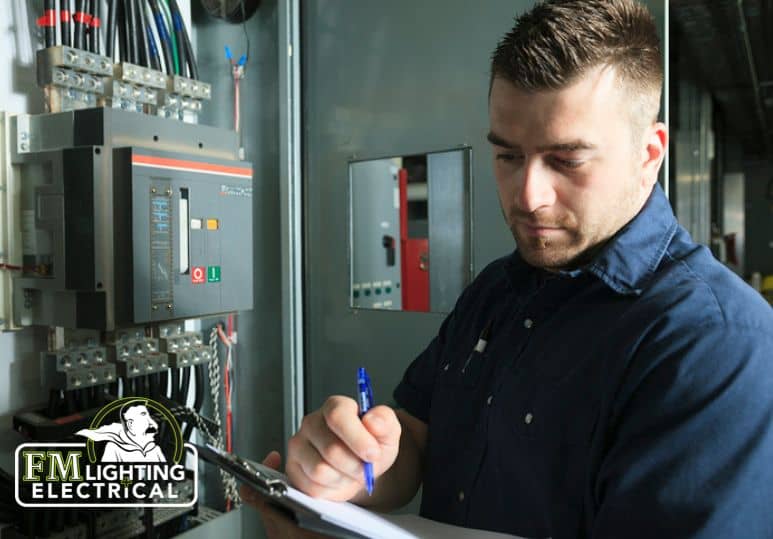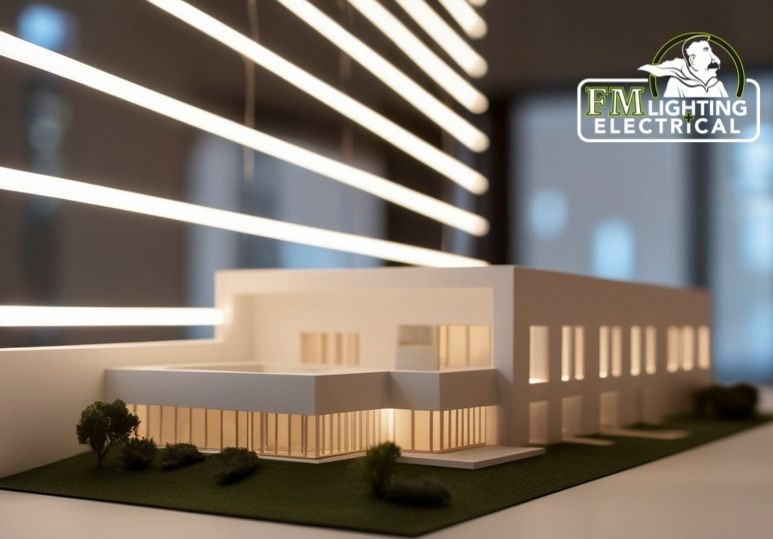Electricity powers our homes, making our lives more convenient and comfortable. However, it's crucial to recognize that electrical safety and home safety go hand in hand. The best person to ensure electrical safety in residencies is an electrician who has the training and the knowledge to perform electrical inspections, which aim to assess the safety and compliance of the home electrical system. Homes that are 50 years old or older will benefit from yearly inspections and newer residences should be inspected every 3 to 5 years. This inspection will reduce any electrical safety risk present in the home that may not be noticeable by its residents.
What should you expect during an electrical inspection?
Before your electrical inspection, be sure to clear any access to electrical panels and provide any necessary documentation you received when moving into the residence or during any previous electrical work.
- The electrical will perform a visual electrical inspection.
- The electrician will then perform a testing sequence.
- When looking for any damage or safety risks, the electrician will look for any fraying, exposed wire coming out of the walls or wires that have popped out of their protective coating.
- The electrician will continue to ensure that there is no chance of an electrical fire occurring anywhere in the home.
- After the initial inspection, a final inspection will occur. Trials will be run to examine if the electrical system is safe and working effectively.
Scheduling home inspections is not only important for safety but when the time comes to sell your home, you will not be as limited (especially if your property was built in the late 90’s). The longer you wait the more costly the repairs will be.
What if I fail my inspection?
There are many reasons why your residence may fail the electrical inspection:
- Exposed wiring
- Sliced wires
- Over-fused circuits
- Inconsistent outlet and switch heights
- Improper grounding of electrical systems
- Incorrect cable anchoring
No need to fret - our electricians will fix anything to ensure your home’s and residents safety. Make sure to check for warranties as some costs can be covered! While the electrical work is being fixed, make sure to not use the circuits until it has been fixed and passes a follow-up inspection. To avoid any failed inspections in the future, be sure to always hire a licensed electrician.
Prioritizing electrical safety through regular inspections is a crucial step in ensuring the well-being of your home and its residents. An experienced electrician holds the expertise to assess the safety and compliance of your electrical system, addressing potential hazards that may go unnoticed by homeowners. Remember that the frequency of inspections depends on the age of your residence, with older homes benefiting from yearly assessments.=
FAQ
Q: How often should I schedule electrical maintenance for my home?
A: It's recommended to have your electrical system inspected and maintained annually. However, if your home is older, experiences frequent electrical issues, or undergoes renovations, more frequent checks might be necessary. A professional electrician can assess your specific situation and provide tailored recommendations.
Q: What does electrical maintenance involve?
A: Electrical maintenance includes a thorough inspection of your electrical system, checking for frayed wires, loose connections, worn-out components, and potential fire hazards. It may also involve testing circuit breakers, surge protectors, and grounding systems to ensure optimal functionality. Maintenance can identify issues before they become major problems.
Q: Can I perform electrical maintenance myself, or should I hire a professional?
A: While you might be able to handle minor tasks like changing light bulbs, electrical maintenance is best left to professionals. Certified electricians have the expertise and tools to identify potential hazards and address complex issues safely. Attempting DIY electrical work can lead to serious accidents or further damage, making professional maintenance the safer and more reliable option.


.jpg)

.jpg)


